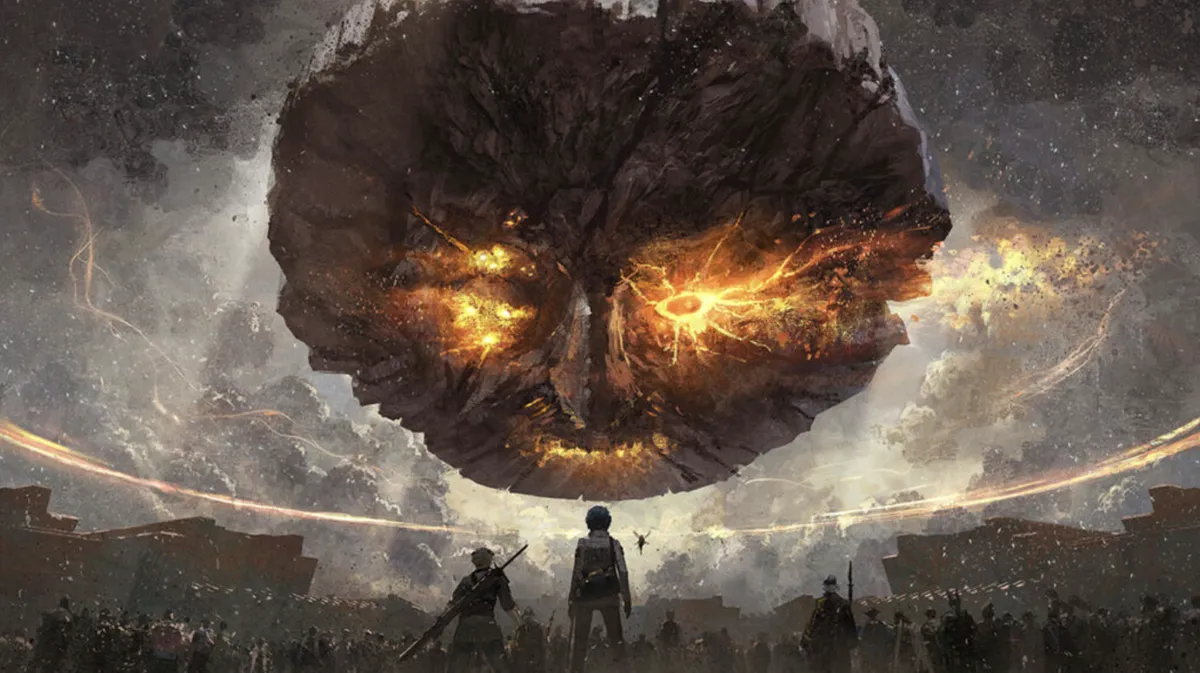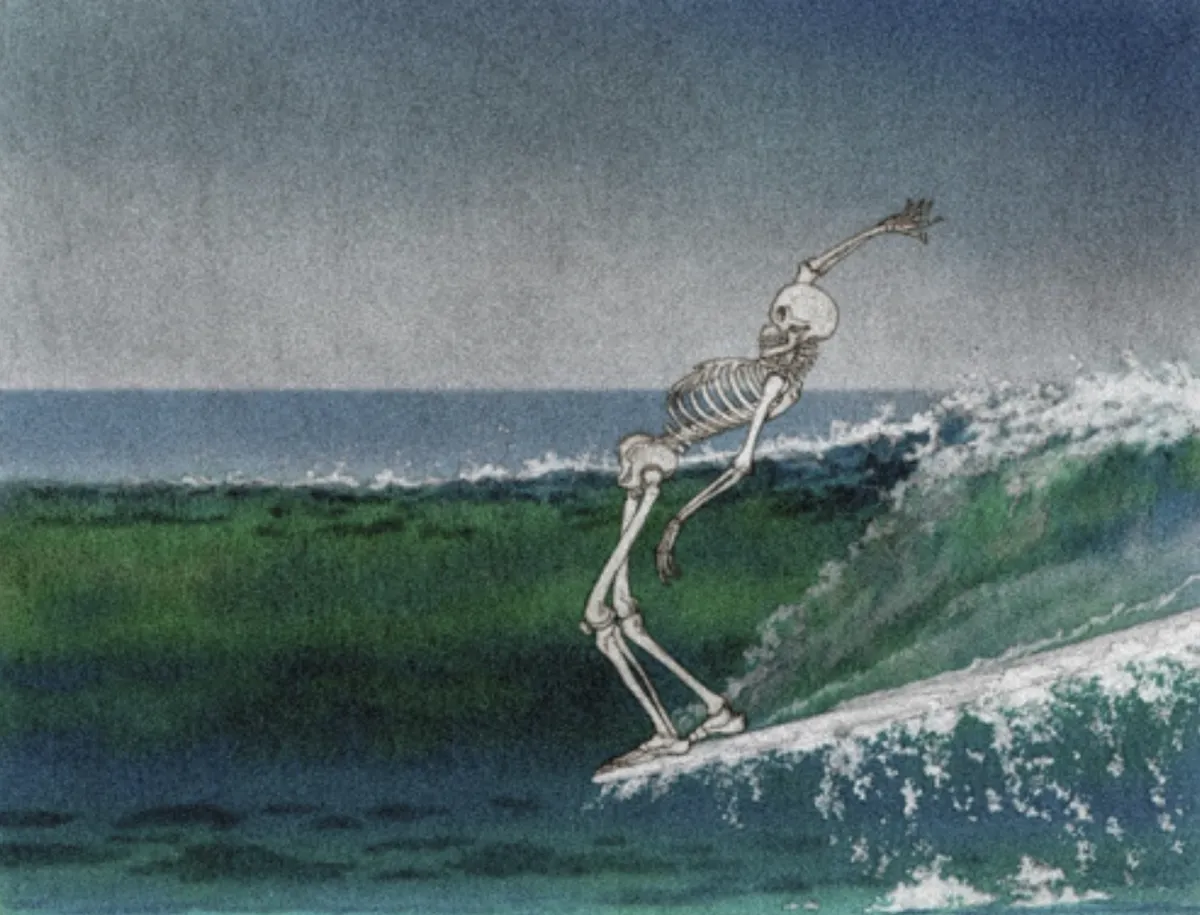Feb '25

The Doorway Effect describes the phenomenon when you enter a new room and your brain resets its focus, often causing you to forget what you were thinking about or planning to do in the previous room. It essentially creates a mental "event boundary" between spaces. Like leaving a cave to go hunting. Or entering a clearing from a forest.
Horizon Gazing is the phenomenon where looking at the horizon can positively impact mood by inducing a sense of calm and reducing stress. The expansive view relaxes the eyes and visually expands one's field of vision, essentially switching off the stress response in the body.
This is the wiring of the brain as impacted by the natural world.

The theory of plate tectonics was formally defined in 1967. Said another way, we've only known about the mechanics behind mountains, islands, and volcanoes for 60 years. Apparently, no other planet is known to have a comparable system. And a recent hypothesis connects the creation of the moon and beginning of plate tectonics.
The leading explanation for our moon's creation proposes that a Mars-sized planet, named Theia, struck Earth. It ejected a cloud of debris into space that later coalesced over time into our moon. Remnants of Theia are still lodged in Earth's lower mantle, known as large low-shear velocity provinces. And the collision acted like a rock in a pond, with ripples still moving through the Earth's plates 4.5 billion years later.

"Why would I want to cede any kind of emotional sovereignty to anyone in the ceremony of my everyday life?”
— James Vukelich Kaagegaabaw
"We are what we repeatedly do. Excellence, then, is not an act, but a habit."
— Aristotle
"How we spend our days is, of course, how we spend our lives. What we do with this hour, and that one, is what we are doing."
— Annie Dillard

A midlife crisis may be an attempt to return to a prior purity occluded by the self we ossify into when we begin believing our own myth. The way we have of caving in on ourselves by becoming our own favorite subject.

Edge.org is a site that seeks out smart people and has them ask each other the questions they are asking themselves. In 2017, they posed the question: What scientific term or concept ought to be more widely known? All of the responses are thought provoking, but one of the really striking answers was Steven Pinker’s. He said more people should know about the Second Law of Thermodynamics. His response is paraphrased below, with comments.
The laws of thermodynamics govern physics, matter, and energy. These are the iron laws that dictate why the universe is the way it is. They are God’s building materials, if you like. Fundamental. The Second Law of Thermodynamics states that entropy never decreases. Things will always become less structured, less organized, less able to accomplish interesting and useful outcomes.
Of all the states of matter and energy, the ones we find useful will make up a tiny sliver of possibilities, while the disorderly or useless states will make up the vast majority. If you walk away from a sand castle, it won’t be there tomorrow because as wind, waves, seagulls, and small children push the grains of sand around, they’re more likely to arrange into one of the vast number of configurations that don’t look like a castle, rather than the tiny few that do. The Second Law of Thermodynamics is acknowledged in everyday life in sayings like:
What can go wrong will go wrong.
You can’t unscramble an egg.
Rust never sleeps.
Things fall apart.
Shit happens.
In the natural course of events the universe will appear to thwart our desires, because there are so many more ways for things to go wrong than to go right. Houses burn down, ships sink, battles are lost. Matter does not just arrange itself into shelter or clothing, and living things do everything they can to not become our food.
But the counterfactual is a way to frame the beauty and purpose in life. We have a unique ability to deploy energy to fight back the tide of chaos and carve out refuges of helpful order. It’s a miracle that we can collectively build anything in the face of a structural decay that is fundamental construct of the universe. It helps you can appreciate the precious niches of order we temporarily and collectively carve out.


